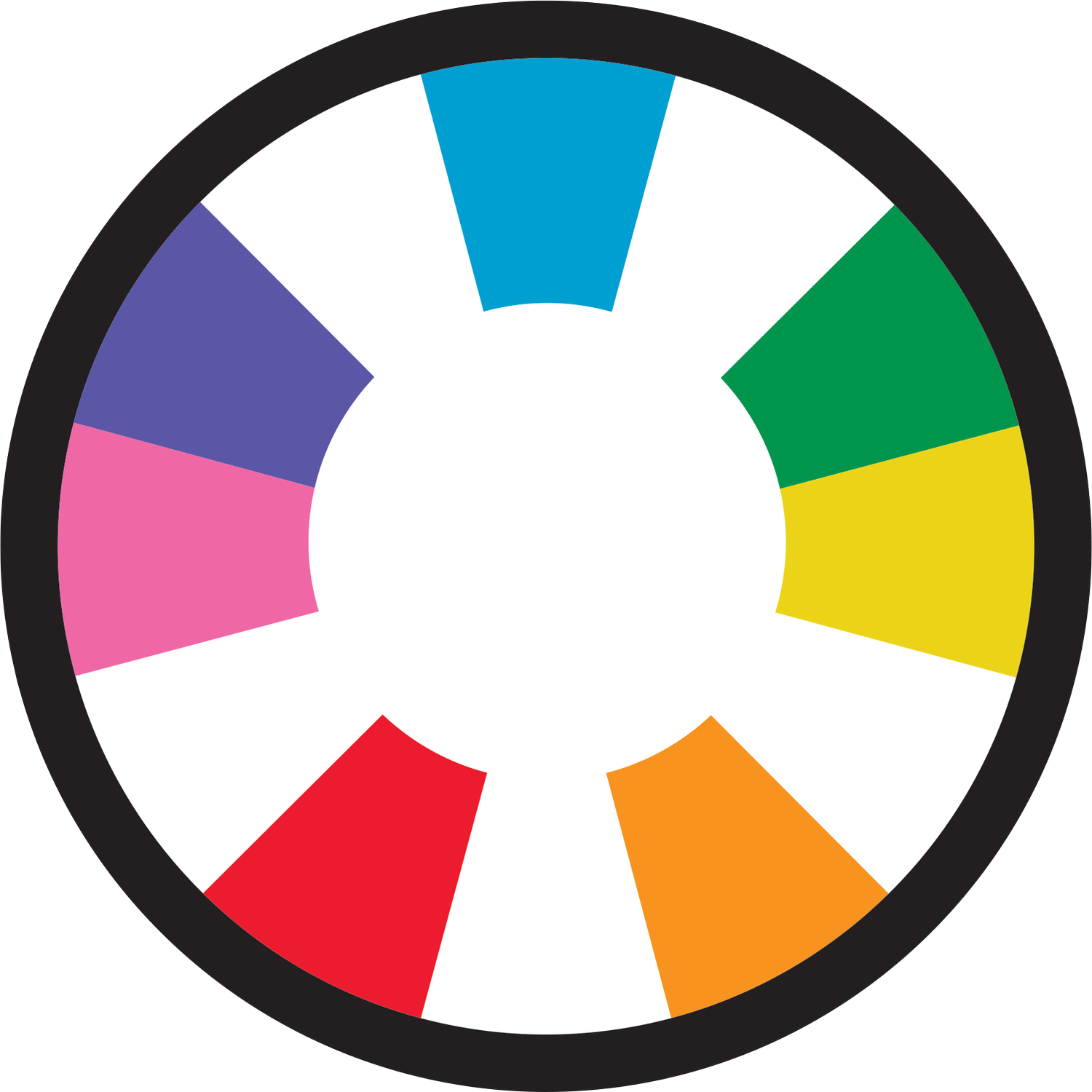Guitar Chords for Beginners: Easy Ways to Remember and Practice Chords
Learning guitar chords as a beginner can often feel overwhelming, especially when trying to memorize the finger placements and practice transitions smoothly. However, with the right tools and approach, mastering guitar chords for beginners becomes a fun and rewarding journey. Musical Colors, a revolutionary visual music color system, offers a unique way to simplify this learning process with color-coded keyboard, fingerboard, and fretboard sticker guides. By combining visual aids with innovative online music theory resources, Musical Colors makes learning guitar chords not just easier but also more engaging for musicians of all levels.
The Challenge of Learning Guitar Chords for Beginners
One of the biggest hurdles for beginners learning guitar is understanding and remembering chord shapes. Moving from one chord to another smoothly requires practice, patience, and muscle memory, but many learners feel lost without a clear roadmap. The complexity of the fretboard, with its seemingly endless combinations of notes and chords, can be intimidating.
This is where Musical Colors comes in, providing a simplified and visually appealing approach to learning guitar chords. By applying the seven colors of the spectrum to the seven natural notes in music, Musical Colors offers a system that bridges the gap between theory and practical application.
How Musical Colors Simplifies Learning Guitar Chords
Musical Colors' color-coded sticker guides are a game-changer for beginners. These guides are designed to fit seamlessly onto the fretboard of your guitar, providing a visual map of all the notes. The system assigns specific colors to each natural note, creating a clear connection between the fretboard and music theory:
C is Green
D is Blue
E is Indigo
F is Violet
G is Red
A is Orange
B is Yellow
For sharp and flat notes, the system pairs the two natural note colors that are adjacent. For example, C sharp/D flat is green/blue, and F sharp/G flat is violet/red. This approach ensures that all 12 music notes are visually differentiated, especially the naturals and sharp and flats, making it easy to identify and understand the fretboard layout at a glance.
By following these color-coded guides, beginners can quickly locate and practice common chords like G Major (Red, Yellow, Blue), C Major (Green, Indigo, Red), and A minor (Orange, Green, Indigo) anywhere on the instrument. This visual system eliminates guesswork and builds confidence, encouraging consistent practice.
Online Tutorials and Resources for Guided Learning
Musical Colors goes beyond physical sticker guides by offering extensive online resources that make learning guitar chords for beginners a breeze, as well as a Musical Colors Playground which you can join to get one on one help with a professional Musical Colors tutor and a no cost Notes Playbook Guide. Their website, www.musicalcolors.com, provides access to video tutorials, scale charts, and chord card resources. These materials are designed to guide learners, step by step, helping them understand how to use the color-coded system effectively.
For example, beginners can watch videos on how to play open chords and transitions while seeing the corresponding colors on the fretboard. This visual reinforcement helps learners build strong connections between theory and practice. The chord card resources also offer a handy reference for practicing and memorizing chords, making it easier to create muscle memory.
Why Visual Learning Works
Visual learning has been proven to enhance retention and understanding, making it an ideal method for musicians who are just starting out. The Musical Colors system leverages this concept by transforming abstract musical concepts into a visual experience. When learners associate specific notes and chords with colors, they can recall them more easily, even without an instrument in hand.
This system is especially helpful for younger learners, parents teaching their children, or educators working with students. The vibrant colors engage attention and encourage exploration, turning practice sessions into enjoyable activities rather than tedious tasks.
Versatility Across Instruments
While Musical Colors is an excellent tool for guitar players, its versatility extends to a wide range of instruments, including the piano, violin, bass guitar, ukulele, mandolin, and banjo. This makes it a valuable resource for families or classrooms where multiple instruments are being taught. The universal application of the color-coded system creates a cohesive learning experience, connecting different instruments through a common visual language.
Building Confidence with Practice
Learning guitar chords for beginners doesn’t have to be frustrating or time-consuming. With Musical Colors, even the most complex aspects of music theory become approachable. Beginners can focus on building confidence by practicing simple chords and progressing to more advanced techniques at their own pace. The visual guides eliminate the need to constantly check diagrams, allowing learners to focus on their playing and enjoy the process.
A Community of Learners
Musical Colors also fosters a sense of community by connecting learners with shared resources and tools. Educators and parents can use the system to guide their students or children, creating a supportive environment for musical growth. Whether it’s a beginner picking up the guitar for the first time or an intermediate player exploring new chords, Musical Colors provides the tools needed to succeed.
Discover the Musical Colors Difference
Musical Colors is more than just a product; it’s a comprehensive learning system that empowers musicians of all ages and skill levels. By combining innovative color-coded sticker guides with robust online resources, Musical Colors transforms the way people learn and practice guitar chords.
Visit www.musicalcolors.com to explore the full range of products and resources. Whether you’re a beginner learning your first chord or an educator guiding students, Musical Colors offers an inspiring and accessible way to master the guitar. With tools designed to simplify learning and make practice enjoyable, Musical Colors opens the door to a lifetime of musical exploration.
Let the colors of music guide your journey, one chord at a time.

